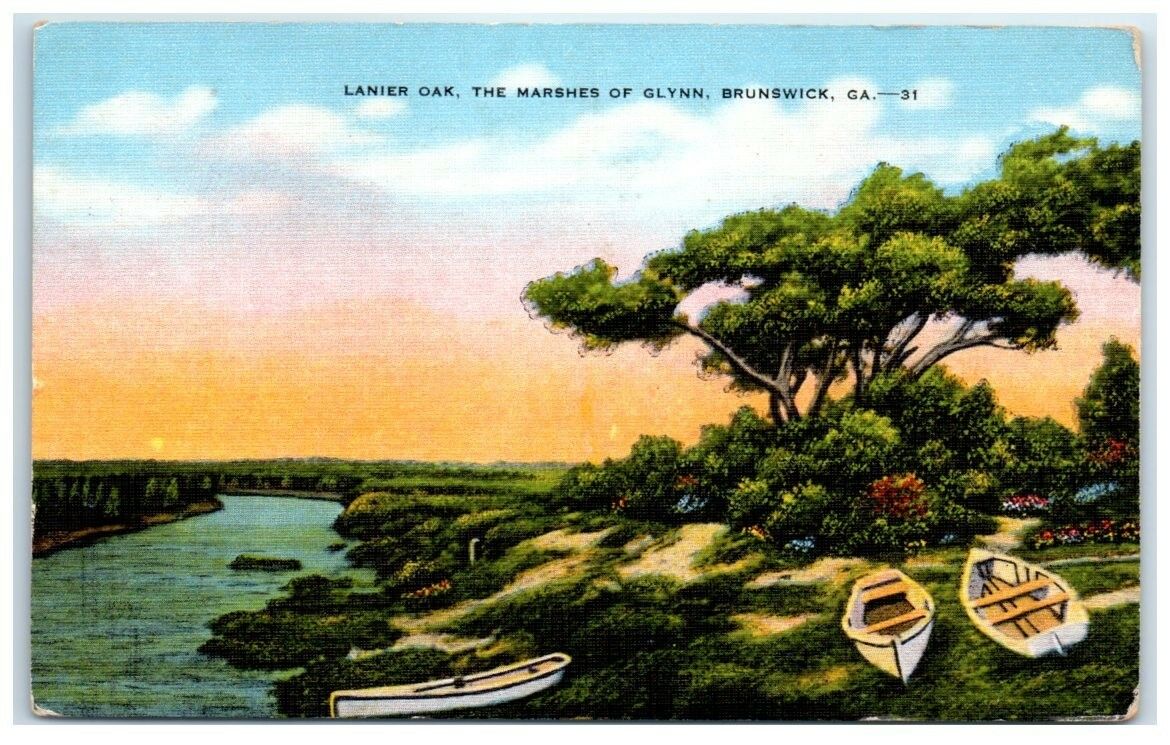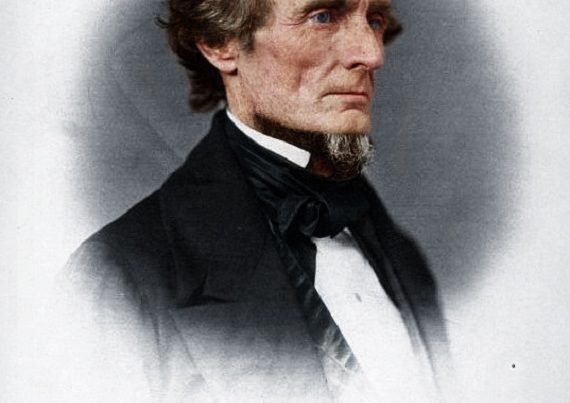
“Who’s your people?” Though now somewhat rare, one still hears that question in Dixie, usually uttered from the lips of older or rural Southerners. Much is implied by the question.
There is the implicit belief that one’s extended family — or clan, given much of the region’s Scotch-Irish roots — serves as an inextricable part of one’s identity. Also implied is that one’s clan says something about you, whether for good or for ill. But perhaps most saliently, it communicates the fact that Southern culture is in important respects intrinsically communitarian, and rejects the sort of radical individualism that has often defined the broader American ethos.
Southern historians Eugene and Elizabeth Fox Genovese in their 2005 book The Mind of the Master Class: History and Faith in the Southern Slaveholders’ Worldview, devote an entire chapter to this quality of Southern identity. Titled “Between Individualism and Corporatism: From the Reformation to the War for Southern Independence,” the chapter explores the way Southerners sought to make sense of themselves both as members of a particular American subculture and participants in a broader socio-political project. Like much of the Genovese’s scholarship, their expert research exposes the inadequacies of popular caricatures of the South, while also serving as a catechesis and warning for those seeking to defend their way of life.
By the early nineteenth century, capitalism was accelerating the expansion of free labor, and then transforming much of that freed labor into what the Genovese’s call an “exploited and disaffected working class” Though Southerners held to key tenets of individualism like property rights and representative government, they could perceive the problem with individualistic economic and social developments. Southerners began to debate how they might, in the Genovese’s words, “tame what was beginning to look like a permanent revolution.”
One answer was to reject the radical individualism popularized by liberal Protestant and former Protestant thinkers. Episcopalian Bishop Thomas Atkinson of North Carolina for example censured New England’s hyper-individualism. He further argued that rampant violence in northern cities could be attributed to institutions that “have fostered the spirit of individualism, that sense of the duty and right of each person to judge for himself what he is to do or refuse to do.” Prominent Presbyterian theologian Robert Lewis Dabney likewise attacked liberal Protestantism’s tendency to promote rebellion against tradition and orthodoxy, in his latter years even admitting that the Catholic Church was more effective at combating this.
Though Southern clergy were largely in agreement regarding the evils of individualism, they diverged over where to place blame. Bishop Richard Wilmer of Alabama railed against the Disciples of Christ: “Individualism bursts into full-bloom under their favoring auspices. Every man can be a preacher, and every woman if she claims the privilege.” Ironically, the Disciples offered that same indictment against others. Disciples preacher and professor Franc Carmack declared: “Under the new covenant men cannot live to themselves, but they are connected together in a social capacity…. The Kingdom of Heaven is eminently a social institution.”
Some Southern Protestants sometimes went so far as to question their own ecclesial traditions, which originated in Martin Luther’s rejection of Catholic hierarchical supremacy. The Genovese’s explain: “Protestant Southerners increasingly wondered aloud: Did the Reformation bear responsibility for the individualism that was now careening out of hand?” Multiple contributors for the Richmond-based Southern Literary Messenger expressed increasing reservations about Luther’s “bluntness and impetuosity” and “incoherence and vanity.” Other clerics could admit that their own ecclesial history could be authoritarian in ways that seemed similar to the sixteenth-century Catholic Church their forebears had rejected. Episcopalain Reverend William Baker Stevens remarked ironically that Carolina was settled “by Huguenots escaping from Papal bigotry; Maryland, by Papists, retiring before Protestant intolerance.”
Southern clerics were not the only people that emphasized the family over the individual. Almost every southern writer of the period “followed Aristotle in insisting upon the social basis of individuality,” noted the Genoveses. This Southern “social bond individualism,” as Richard Weaver calls it, arose in part from a socially grounded folkish attitude that held that “I’m as good as any man,” which was predominant among yeomen. Some of this can be attributed to the Scotch-Irish spirit of Celtic Clans, “which prompted everyone to rally around local leaders and promote community coherence.”
Tocqueville, whom many antebellum Southerners read with respect, observed that “democracy make[s] every man forget his ancestors, but it hides the descendants, and separates his contemporaries, from him; it throws him back forever upon himself alone, and threatens in the end to confine him entirely within the solitude of his own heart.” Few Southerners desired this, viewing themselves rather as inseparably bound to households, communities, and states.
Thus we read University of Mississippi chancellor George Frederick Holmes (1820 – 1897) decry what he called, “lawless ascendancy, the riotous license of the reason from which we suffer — the want of any moral authority — the disregard and contempt of religion, except so far as it is the plastic creature of our own capricious interpretations.” Holmes bemoaned an America that increasingly seemed to recognize no authority except individual reason as articulated by utilitarians like Herbert Spencer.
The Civil War in turn intensified Southern preaching against radical individualism. Reverend Richard De Veaux of Alabama encouraged the “renunciation of self-dependence and self-reliance.” Reverend William Wheelwright told Confederate troops in Virginia that “self” was at the heart of the Confederacy’s difficulties. Reverend William Hall decried “extreme individualism” as an assault on the social order,” and declared that the biblical doctrine of the priesthood of all believers “should not be reduced to modern individualism, not used as a cover for theological relativism.”
The Genoveses note that for many years after the War, Southern novelists focused their literary energies on community and family, while northern novelists placed the individual at the forefront. Southern writer Clement Eaton noted: “Southerners tended to evaluate people not so much as individuals but as belonging to a family, a clan.” John Gould Fletcher in turn observed that the people of Arkansas displayed “the contrasting qualities of social conservatism and individual daring, generosity and narrowness, adaptability to circumstances and freedom from outside influence, matter-of-factness and mysticism, that the English, Scott, North Irish peasantry have also displayed.” One sees this Southern resistance to modern individualism most poignantly in the Southern Agrarian movement of the 1920s and 1930.
In the writings of Agrarians like Robert Penn Warren and Allen Tate, we can see the warnings of a socio-political transformation that has created not only the “New South” but the Rust Belt and the increasingly marginalized and disparaged “flyover country.” The Genovese’s explain:
…Individualism, even in its peculiarly conservative Southern form, tends to place the state in hostile relation to society’s discrete units, individual and corporate. Herein lies a principle germ of the disintegration of community itself, for a competitive marketplace turns its losers over to the state for the protection and succor that their communities cannot provide. The republican South remained rent by the tension between a preference for laissez-faire economics, hostility to the concentration of political power, adherence to an individualism of heads of families, and a simultaneous preference for the implicit corporatism of the family as the fundamental institution of society.
Therein lies a tension that remains both in the South and across our nation: admiration of unfettered free-markets and free-spirited individuals making their own way, yet a recognition that these same libertarian forces tend to erode communities and leave economic losers who are isolated and adrift. We want to be free, but we also need stability and a sense of place.
Much of the increased interest in one’s ancestry and genetics — exemplified in such companies as 23andMe and AncestryDNA — reflects this desire to know the answer to the question “Who’s your people.” Yet simply knowing from which countries (or provinces) one’s ancestors came to the United States is insufficient to satisfy this longing. We desire a sense of belonging, a knowledge that the places where we live, work, eat, and pray are not simply anywhere, but somewhere, a place whose identity has something to do with us, and, God willing, our progeny.
Ultimately, I would argue that this sense of belonging can only be found in God and the Kingdom of Heaven, because it is for that eternal, transcendent destiny that our hearts crave. Nevertheless, in an imperfect, if very real manner, that longing can also be satisfied by truly investing ourselves in a particular place, taking pride in its unique history and culture, and binding ourselves to it so tenaciously that our children will in turn desire to preserve it. There remain pockets of such ancestral communitarian across Dixie, though globalist economic forces, secular materialism, and sexual libertinism are doing much to unravel them. We, like the Southern Agrarians, must take our own stand against this, lest our children discover that they themselves have no people.






A very good piece. I have long appreciated reading Mr. Chalk’s work in other outlets and am glad he is now writing regularly for the Abbeville Institute. The perspectives of a Catholic Southerner are, for a number of reasons, regrettably not highlighted often.
I get this. When I had the opportunity to emigrate to the US from Australia, my choice to settle in a small town in the Carolinas baffled my friends, but I explained “it’s where my people are”. The local cemeteries are filled with names from my family tree, because the town was settled by pioneers from the same lowland Scottish villages and Kirks that birthed my ancestors. When I die I’ll be buried here alongside my kin.